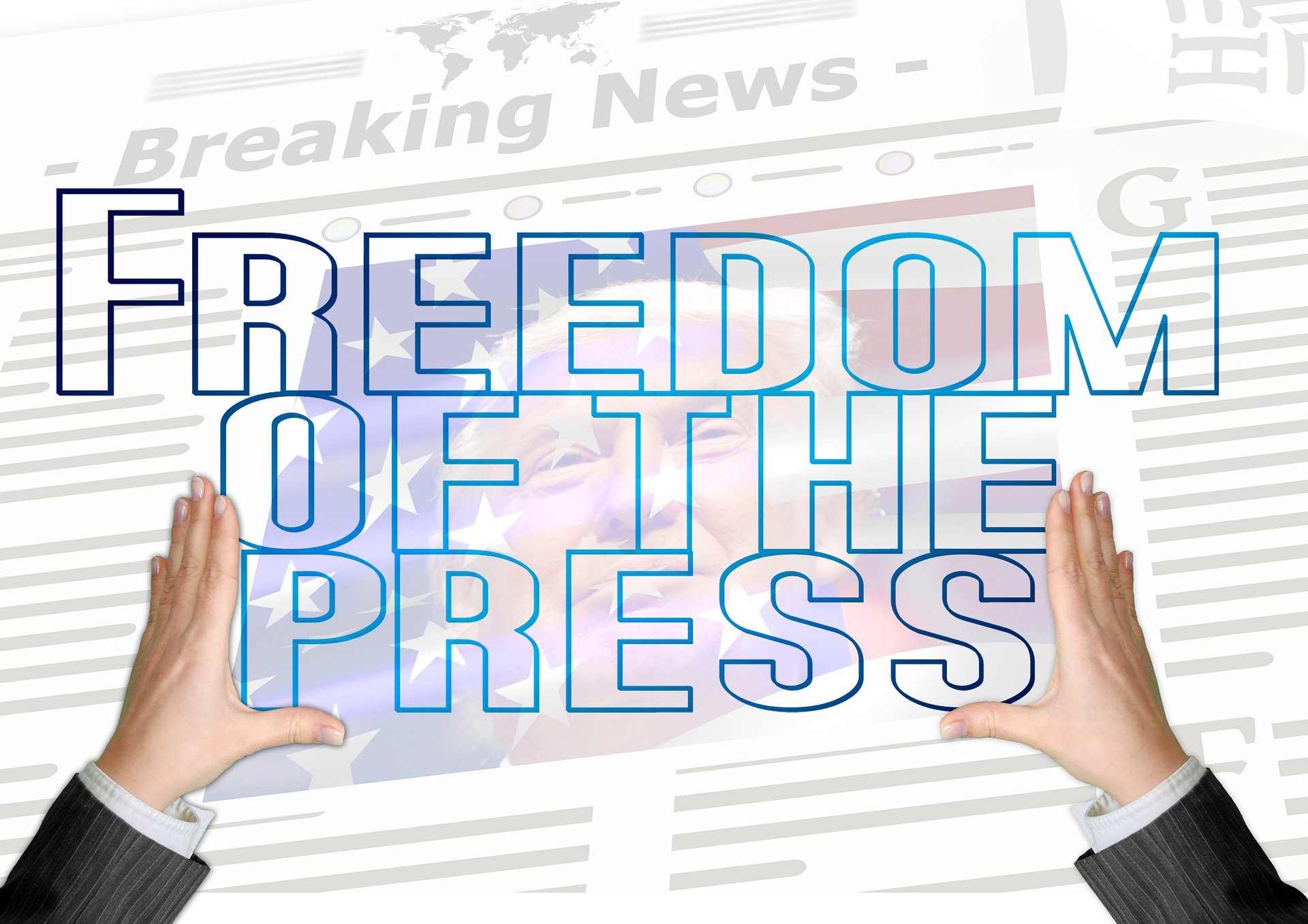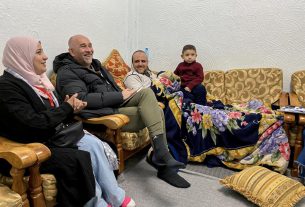Astana, Kazakhstan — The Committee to Protect Journalists (CPJ) has called on the Kazakh government to reverse its decision to deny accreditation to 16 journalists affiliated with the U.S.-funded broadcaster Radio Free Europe/Radio Liberty (RFE/RL). The appeal comes ahead of a pending court hearing that could determine the outlet’s ability to continue operating in the country.
In a statement issued Monday, CPJ’s Europe and Central Asia program coordinator, Gulnoza Said, emphasized the importance of RFE/RL’s presence in Kazakhstan’s media landscape. “RFE/RL’s bold reporting has an absolutely central place in Kazakhstan’s media sphere, and we await with deep concern a court verdict that could dramatically hinder its work,” Said noted.
The dispute centers on the Kazakh Ministry of Foreign Affairs’ refusal to grant accreditation to 16 RFE/RL journalists, including the bureau chief. Authorities allege that the journalists violated national law by engaging in professional activities before their accreditation applications were approved. RFE/RL has rejected this claim, arguing that the ministry failed to process the applications within the two-month statutory period and then used the delay as grounds for denial.
Under paragraph 4 of Article 30 of Kazakhstan’s newly enacted Law “On Mass Media” (2024), foreign media outlets and journalists are prohibited from conducting journalistic work without official accreditation. However, RFE/RL contends that this provision does not apply to its staff, many of whom are Kazakh citizens, and therefore should not be classified as “foreign journalists” under the law.
The accreditation denial has drawn criticism from other international watchdogs. Human Rights Watch (HRW) previously condemned the move as a “blatant” attack on independent media. HRW argued that the Kazakh authorities are in breach of Article 19 of the International Covenant on Civil and Political Rights (ICCPR), which guarantees the right to freedom of expression and the ability to disseminate information and ideas across borders.
The outcome of the appeal hearing is expected to have significant implications for press freedom in Kazakhstan, where independent journalism has faced increasing regulatory and political pressure. Advocacy groups continue to urge the government to uphold its international commitments and ensure that media organizations can operate without undue interference.
This article includes excerpts from reporting by Divyabharthi Baradhan for Jurist.org.



